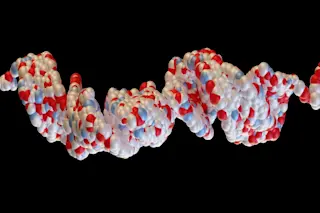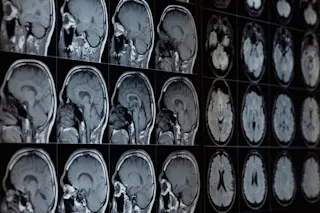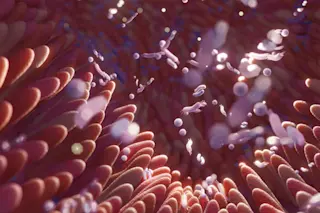Image courtesy of nenetus / shutterstock You may not enjoy the smell of your dirty laundry, but your brain knows and appreciates that it's yours. A new study reveals a key way we detect our own scent and distinguish that scent from others'. Smell is a powerful thing. Many species use it to communicate (think dogs sniffing their introductions) or attract mates (the Stickleback fish is a good example of this one). Humans may not be as overtly smell-dependent, but our brains actually use this sense more than you might think. Communication by smell comes down to a thing called the major histocompatibility complex, or MHC. Every creature with a backbone has MHC molecules on the surface of its cells. These molecules act like bouncers, carefully controlling the balance of proteins inside the cell. When new proteins come a-knocking, the MHC checks their IDs to determine if they are okay ...
How We Recognize—And Like—Our Own Odor
Discover how we detect our own scent through MHC proteins and the brain's unique recognition response to personal odors.
More on Discover
Stay Curious
SubscribeTo The Magazine
Save up to 40% off the cover price when you subscribe to Discover magazine.
Subscribe













